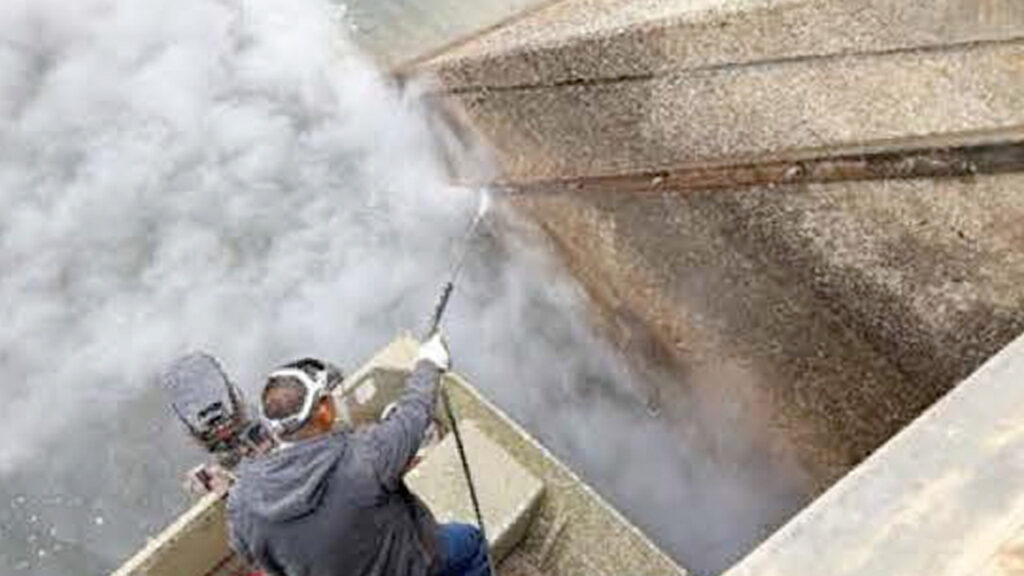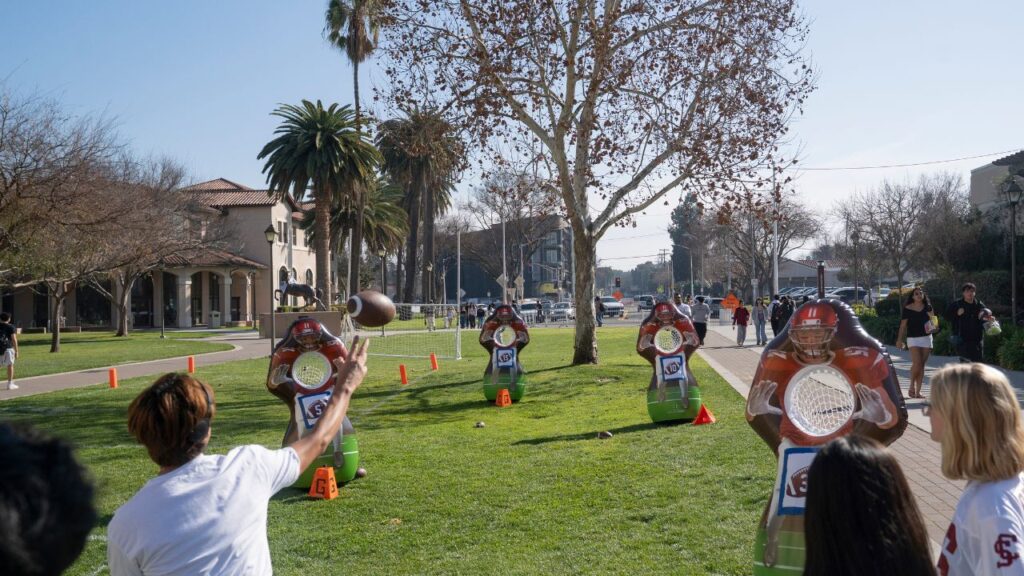During the Inspiration4 mission, astronauts observed temporary genetic alterations, immune stress, and cognitive declines in space, prompting deeper research into personalized space health strategies. (SpaceX via The New York Times)

- Astronauts on the Inspiration4 mission experienced genetic and immune system changes during their brief spaceflight.
- Data from private space travelers and ISS missions are compiled in SOMA, aiding research into personalized space health treatments.
- Both short-term and long-term space missions show telomere lengthening followed by accelerated shortening upon return, linked to radiation exposure.
Share
|
Getting your Trinity Audio player ready...
|
Science Times – Space changes you, even during short trips off the planet.
Astronauts Bodies Changed in Different Ways
Four people who spent three days off Earth in September 2021 experienced physical and mental changes that included modest declines in cognitive tests, stressed immune systems and genetic changes within their cells, scientists report in a package of papers published Tuesday in the journal Nature and several other related journals.
Almost all of what changed in the astronauts returned to normal after they splashed down on Earth. None of the alterations appeared to pose a showstopping caution for future space travelers. But the results also highlighted how little medical researchers know.
Related Story: Boeing’s Capsule Reaches Space Station Despite Thruster Trouble
Christopher Mason, a professor of genomics, physiology and biophysics at Weill Cornell Medicine in New York City and one of the leaders of the research, called the collection of papers and data “the most in-depth examination we’ve ever had of a crew” as he spoke during a news conference last week.
The four astronauts traveled on a mission, known as the Inspiration4, which was the first trip to orbit where not one of the crew members was a professional astronaut. Jared Isaacman, a billionaire entrepreneur, led the mission. Instead of bringing friends along, he recruited three travelers who represented a wider swath of society: Hayley Arceneaux, a physician assistant who survived cancer during her childhood; Sian Proctor, a community college professor who teaches geoscience; and Christopher Sembroski, an engineer.
Astronauts’ Biological Samples Taken
The Inspiration4 crew members consented to participating in medical experiments — collecting samples of blood, urine, feces and saliva during their flight — and to allowing the data to be cataloged in an online archive known as the Space Omics and Medical Atlas, or SOMA, which is publicly available.
Although the data is anonymous, that does not provide much privacy because there were only four crew members on Inspiration4. “You could probably figure out who is who, actually,” Proctor said in an interview.
But she added, “I just feel that there’s more good than harm that comes from me being able to share my information and for science to progress and learn.”
Related Story: SpaceX’s Mega Rocket Completes Its Fourth Test Flight from Texas Without ...
SOMA also includes data from other people who have flown on private space missions, as well as Japanese astronauts who have flown to the International Space Station, and a study that compared the health of Scott Kelly, a NASA astronaut who lived on the International Space Station for 340 days in 2015 and 2016, with his twin brother, Mark, a retired astronaut who is now a senator representing Arizona.
With more private citizens buying trips to space, the hope is that SOMA will quickly fill up with more information about a wider range of people than the older white men who were selected to be astronauts in the early decades of the Space Age. That could lead to treatments tailored to individual astronauts to combat the effects of spaceflight.
Data Gathered Shows Effects of Space on the Body
The wealth of information has also allowed scientists to compare short-term effects with what happens during longer missions.
During Scott Kelly’s year in space, age markers in his DNA known as telomeres grew longer — suggesting, surprisingly, that he had become biologically younger. But the telomeres mostly returned to their earlier size after he returned to Earth, although some ended up even shorter than before he had left. Scientists interpreted that as a sign of accelerated aging.
The telomeres of all four of the Inspiration4 astronauts also lengthened and then shortened, indicating that the changes occur in all astronauts and that they occur quickly.
Related Story: Boeing Launches NASA Astronauts for the First Time After Years of Delay
“A remarkable finding in a number of ways,” said Susan Bailey, a professor of radiation cancer biology and oncology at Colorado State University who led the telomere research.
Cells use RNA, a single-stranded string of nucleic acids that translates blueprints encoded in DNA into the production of proteins. Bailey said that RNA corresponding to the telomeres had also changed in the astronauts and that similar changes had been observed in people climbing Mount Everest.
“Which is a strange connection,” she said.
High Radiation Caused Changes
That suggests that the cause of the growing and shrinking telomeres is not weightlessness but rather the bombardment of radiation that people experience at high altitudes and in space.
That was not the only effect of spaceflight.
Afshin Beheshti of the Blue Marble Space Institute of Science and NASA’s Ames Research Center in California, pointed to molecular changes in the astronauts’ kidneys that might portend the formation of kidney stones. That would not be a problem during a three-day space trip but could become a medical crisis during a longer mission.
“Halfway to Mars, how are you going to treat that?” Beheshti said.
But now that the possibility is known, researchers could study how to prevent the kidney stones or develop better methods to treat them.
Cognitive Tests Were Also Taken
The astronauts took several tests on iPads to measure their cognitive performance in space. One test evaluated what is known as psychomotor vigilance, a measure of the ability to focus on a task and maintain attention. The astronaut stared at a box on the screen. A stopwatch then suddenly popped up within the box, counting the time until a button was pressed.
If the response was too slow, longer than 355 milliseconds, that was regarded as a lapse of attention. On average, performance in space declined compared with when the Inspiration4 astronauts took the same test on the ground. Other tests indicate deficits in visual search and working memory.
“Our cognition performance was unaffected in space, but our speed response was slower,” Arcenaux said in an email. “That surprised me.”
But Proctor said that might not have been a true difference in their ability to perform tasks in space, just that they may been distracted. “It’s not because you don’t have the ability to do the test better,” she said. “It’s just because you look up for a minute, and there’s the Earth out the window, and you’re like, ‘Whoa.’”
This article originally appeared in The New York Times.
Kenneth Chang/SpaceX
c.2024 The New York Times Company
Distributed by The New York Times Licensing Group
RELATED TOPICS:
Categories



















